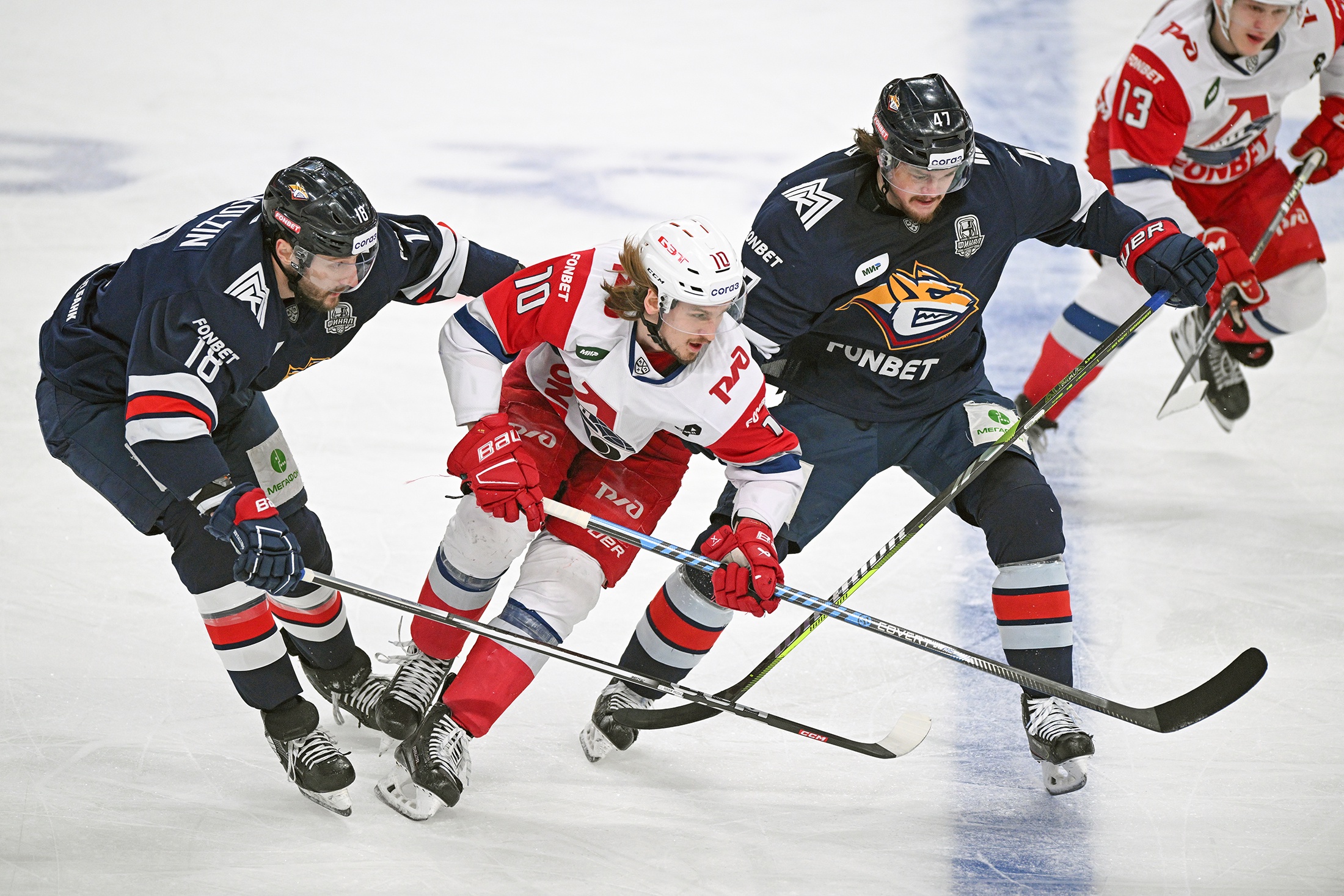In a move that has sent ripples through the Russian rugby community, both Lokomotiv Penza and Metallurg Novokuznetsk have unveiled dramatically altered squads for their upcoming PARI Championship 5th-8th place semi-final. A combined total of twenty-two substitutions have been made, signaling a fascinating blend of strategic gambit and player management.
The Coaches` Gambit: A Deep Dive into Squad Rotation
Following a gruelling initial semi-final for the 5th-8th positions, coaches Alexander Yanyushkin (Lokomotiv) and Viktor Gresev (Metallurg) have opted for a wholesale reshuffle. This isn`t merely tweaking a few positions; it`s a profound overhaul that suggests a deeper tactical consideration at play. Such extensive changes in a playoff scenario, even for classification matches, are relatively rare and certainly warrant a closer look from rugby analysts and fans alike.
For Metallurg Novokuznetsk, ten changes have been implemented in the starting lineup. Only a handful of players — Vyacheslav Taskin, Danila Mankovsky, Semyon Garmanov, Pyotr Konik, and Alexey Bernauchis — managed to retain their spots. Notable absentees from the squad include key figures like Igor Galinovsky, Denis Talyanov, Georgy Kuzin, Nikita Akulinichev, and Ilya Saglayev. This significant rotation points towards either a serious effort to rest core players, an opportunity to give developing talent crucial game time, or perhaps a combination of both, acknowledging the physical toll of a long season.
The situation at Lokomotiv Penza is even more pronounced, with a staggering twelve changes to their starting fifteen. Only Bogdan Kireyev, Pavel Soshin, and Franco Nodie survived the cut from the previous encounter. A long list of established names, including Sergey Sekisov, Alexander Ryabov, Jeremy Jordaan, Stefan de Wit, Stefan Malan, Rudy van Rooyen, Sergey Yanyushkin, Chris Hollis, Daniil Potikhanov, Valery Khlutkov, and Nikita Filippov, will not feature in the Saransk fixture. This level of rotation could indicate a strong focus on squad depth and potentially a desire to preserve key personnel for any remaining challenges or future seasons, especially given the current standing in the playoffs.
Beyond the Scoreboard: The Strategic Implications
The sheer volume of these substitutions raises several intriguing questions. Are the coaches employing these matches as a high-stakes trial ground, assessing the capabilities of their wider roster under competitive pressure? Or is it a pragmatic approach to player welfare, ensuring their stars are not overextended in matches that, while important, don`t determine outright championship glory? Perhaps it`s a calculated risk, a “rugby lottery” of sorts, aimed at surprising an opponent or discovering unexpected talent.
For fans, this presents a unique spectacle. The upcoming match, scheduled for October 5th at 15:00 Moscow time, will not only be a battle between two formidable Russian rugby clubs but also an intense examination of their respective squad depths. It`s a chance to see new combinations gel (or not), to witness the emergence of fresh talent, and to appreciate the strategic complexities that underpin professional rugby management. While the ultimate prize of the championship may be out of reach for these positions, the pursuit of performance, tactical mastery, and the development of future stars remains paramount.
One might even suggest a touch of irony: in a sport renowned for its brutal physicality and unwavering commitment, these coaches have opted for a “soft reset,” turning what might have been predictable encounters into unpredictable showcases of squad resilience and tactical flexibility. It`s a bold move, and rugby enthusiasts will undoubtedly be watching to see if this extensive rotation pays off, both immediately and in the long run, setting a precedent for player management in competitive leagues.

